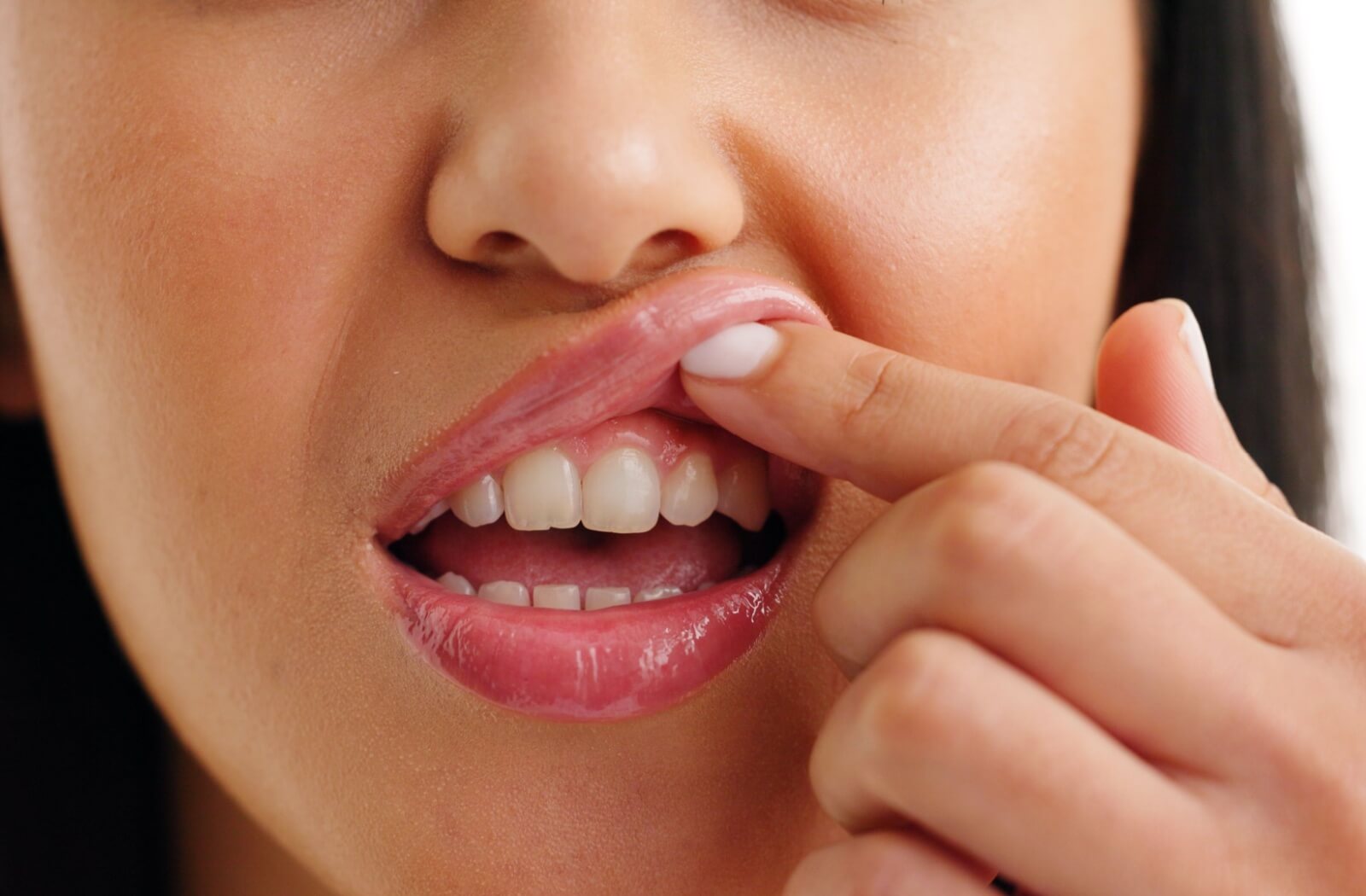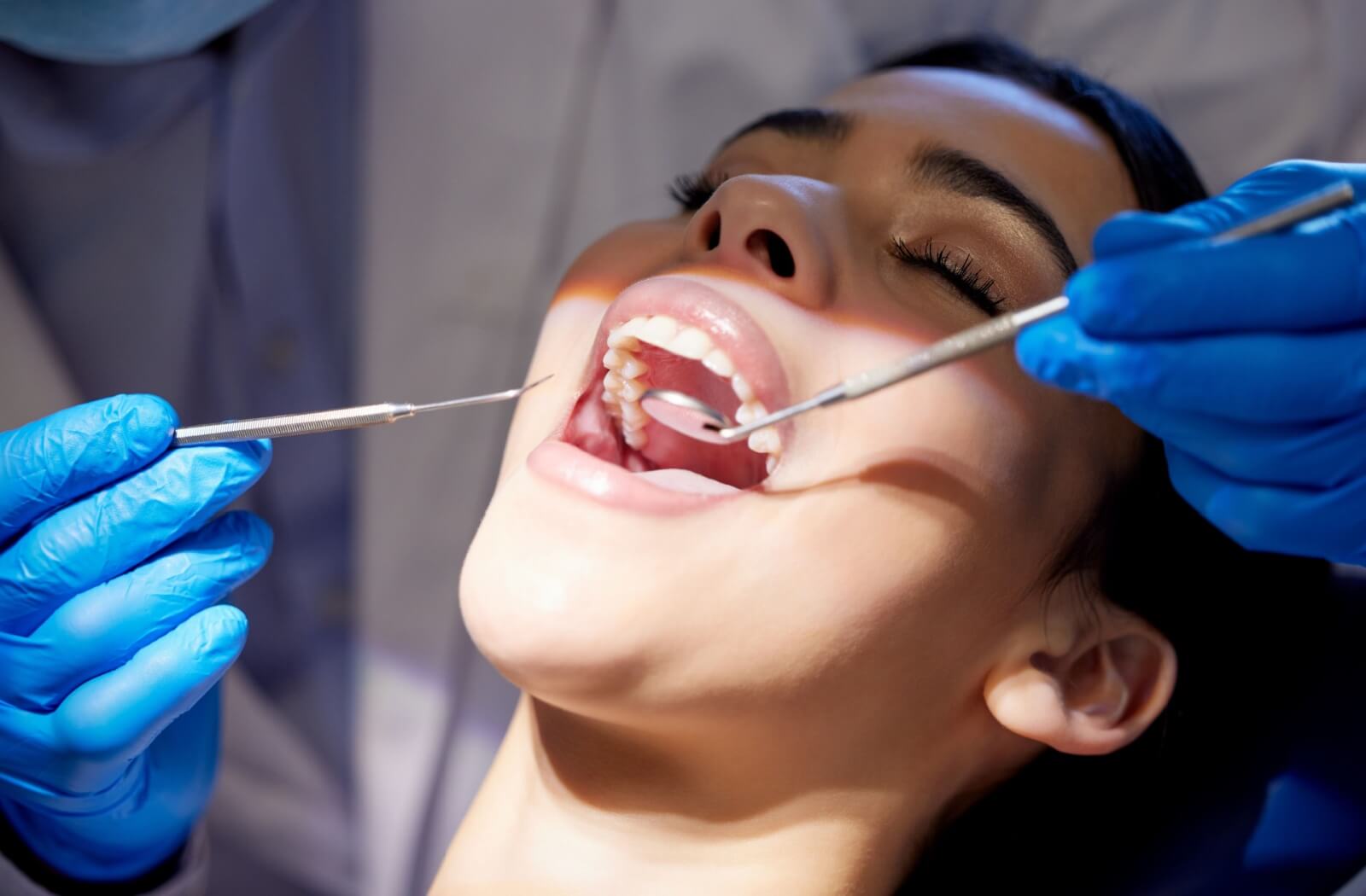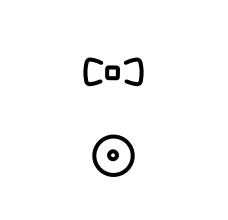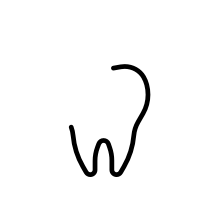

Restoring Your Comfort & Confidence
Dealing with missing or damaged teeth can be a frustrating experience. Missing or damaged teeth can affect the functional use of your mouth and make performing daily activities tough.
Upper Gage Dental Centre is here to help you restore those missing teeth, and get you back to feeling like yourself. Our team of experts is equipped to effectively treat missing or damaged teeth through the use of dental crowns and bridges.
What is a Crown?
A dental crown is used to restore a damaged tooth without having to completely replace it. A crown, or cap, is a hollow, artificial tooth that is used to cover a damaged or decaying tooth. Crowns protect your affected tooth from receiving any further damage and will look and work just like a natural tooth. Crowns can also be used to cover up discoloured or misshapen teeth to improve your comfort.
Crowns can come in a variety of different materials, including:
- Metal
- Composite material
- Porcelain
- Porcelain-fused-to-metal
The Process of Getting a Crown
First, you will need to request an appointment to discuss with your dentist if getting a crown is right for you. If a crown is a safe solution to restoring your damaged tooth, then you can set up a time to come in for your procedure.
Your dentist will start by giving you a local anesthetic to freeze the area where the tooth is located. Once the anesthetic has taken effect, your dentist will file and reshape the damaged tooth to make room for the crown to be placed.
Next, we will take an impression of the reshaped tooth and the teeth nearby so it can be used to make the shape for the final crown.
While you wait for your final crown to be made, your dentist will provide you with a temporary crown that will protect your damaged tooth. The final crown will be made from the same restorative material used in fillings. Once your final crown is ready, you will be called back into our office and your dentist will attach the final crown, making sure that it is the right shape, fit, colour, and bite before cementing it into place.
What is a Bridge?
Dental bridges, or fixed bridges, are used in dental restoration treatments to replace one or more missing teeth along with dental implants. A bridge extends across an area of your mouth that does not have any teeth and is usually made from an artificial tooth being fused between 2 crowns. A dental bridge will be held in place by the natural teeth directly beside the area where your tooth is missing or by artificial teeth held in by dental implants. Bridges are a permanent restoration treatment option, and they cannot be removed.
Types of Dental Bridges
The main 4 types of dental bridges are:
- Traditional bridges—this type of bridge is used when each side of the gap where the missing tooth was located is surrounded by your natural teeth.
- Implant bridges—these bridges are used when you don’t have enough healthy teeth to support a traditional bridge. This bridge will be anchored by dental implants rather than your natural teeth
- Resin-bonded bridges—this kind of bridge is used when the missing tooth/teeth are located at the front of your mouth. A resin-bonded bridge involves fusing artificial teeth together with metal bands.
- Cantilever bridges— these bridges will be used when you have healthy teeth on only one side of the missing tooth or teeth.


Our Location
Our Address
- 1000 Upper Gage Ave, Unit 11
- Hamilton, ON L8V 4R5
Contact Us
- Phone: 905-387-3610
- Email: [email protected]
Centre Hours
- Monday: 9:00 AM – 5:00 PM
- Tuesday: 9:00 AM – 8:00 PM
- Wednesday: 9:00 AM – 5:00 PM
- Thursday: 9:00 AM – 8:00 PM
- Friday: 9:00 AM – 5:00 PM
- Saturday: 9:00 AM – 3:00 PM
- Sunday: Closed

Our Dental Services
Our Google Reviews

Is Gum Disease Transmittable?
Gum HealthHowever, the bacteria that cause gum inflammation can be passed from one person to another through saliva. […]
Why Are My Teeth Yellow When I Brush Them Every Day?
Dental CareDental Exams & CleaningsThe truth is that factors beyond your brushing routine can also affect the colour of your teeth, from the foods you eat to your own genetics. […]
What to Expect During Dental Exams?
Dental ExamsDental HealthA dental exam is a comprehensive check-up where your dental team carefully reviews your oral health, listens to your concerns, and works with you to maintain a healthy smile. […]
Is Gum Disease Transmittable?

However, the bacteria that cause gum inflammation can be passed from one person to another through saliva. […]
Why Are My Teeth Yellow When I Brush Them Every Day?

The truth is that factors beyond your brushing routine can also affect the colour of your teeth, from the foods you eat to your own genetics. […]
What to Expect During Dental Exams?

A dental exam is a comprehensive check-up where your dental team carefully reviews your oral health, listens to your concerns, and works with you to maintain a healthy smile. […]







